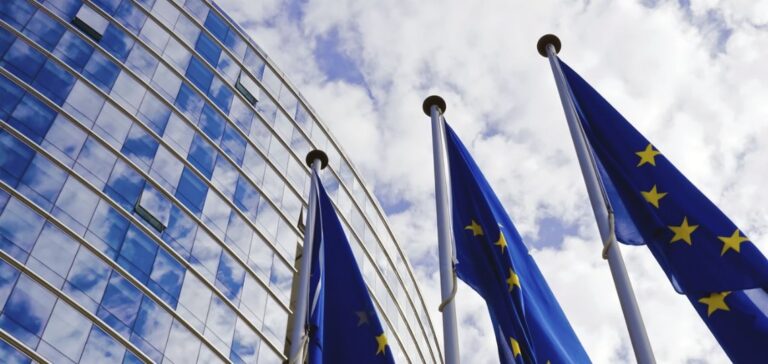The European Commission is asking several EU Member States to comply with EU directives on energy efficiency and radiation protection. The Commission has sent reasoned opinions to the Netherlands, Hungary and Portugal because of shortcomings in the transposition of EU directives into national law. If these Member States do not comply with the transposition obligations within two months of the reasoned opinion, the Commission may decide to refer the matter to the Court of Justice of the European Union. In addition, the Commission has also decided to refer Croatia, Hungary and Portugal to the Court of Justice of the European Union because of shortcomings in the development of renewable energy.
The Netherlands
The European Commission has opened an infringement procedure against the Netherlands for failing to notify its national rules on penalties and enforcement mechanisms required under the EU tire labelling regulation. Member States have until May 1, 2021 to notify the Commission of their rules on sanctions and enforcement. The Netherlands did not notify its rules to the Commission within the deadline. The Commission decided to send a letter of formal notice. The Netherlands now has two months to respond and notify the Commission of its sanctions regime. If not, the Commission may decide to issue a reasoned opinion.
The European Commission also asks the Netherlands to fully transpose the Energy Performance of Buildings Directive into national law. The directive includes new elements to strengthen the existing framework, such as minimum energy performance requirements for new buildings and new rules on the inspection of heating and cooling systems. The Netherlands failed to meet the deadline for transposing the Directive into national law, and after examining its reply and the measures notified, the Commission considers that transposition has still not been completed. The Netherlands has two months to comply with the transposition obligation, otherwise the Commission may refer the matter to the Court of Justice of the European Union.
Cyprus
The European Commission has opened an infringement procedure against Cyprus for not having correctly transposed certain provisions of the European directive on offshore safety. Member States must ensure that the companies to which they grant an exploration or production license have the necessary technical and financial means and that they maintain resources available to bring them into operation if necessary. Cyprus now has two months to remedy the shortcomings identified by the Commission. If not, the Commission may decide to issue a reasoned opinion.
Latvia and Poland
The European Commission has sent a reasoned opinion to Latvia and Poland for not fully transposing EU rules on the promotion of the use of energy from renewable sources. The directive provides the legal framework for the development of renewable energy in electricity, heating and cooling, and transport in the EU. Both countries now have two months to respond to the Commission’s reasoned opinion.
Portugal
The European Commission asks Portugal to correctly transpose the Euratom Drinking Water Directive into its national legislation. This directive establishes requirements to protect public health with regard to radioactive substances in drinking water, defining parametric values and monitoring methods, as well as monitoring programs. In addition, citizens must be properly informed about the quality of the water they consume. Portugal received a letter of formal notice in July 2021 but has not yet complied with the requirements of the directive. The Commission is giving Portugal two months to remedy the shortcomings, otherwise it can refer the matter to the European Court of Justice.
Hungary
The European Commission has sent a reasoned opinion to Hungary for not completing the full transposition of the Energy Efficiency Directive, which aims to promote energy efficiency and sets an EU energy efficiency target of 32.5% by 2030. The Commission has also decided to take Croatia, Hungary and Portugal to the European Court of Justice for failing to notify the full transposition of the directive on the promotion of the use of renewable energy, which sets a binding target of at least 32% renewable energy by 2030 and simplifies administrative procedures for renewable energy projects. The deadline for the transposition of this directive was June 30, 2021.
These decisions of the European Commission are intended to ensure the correct application of EU law and to protect the interests of citizens and businesses. Member States must respect the EU rules and transpose them correctly into their national legislation to ensure greater harmonization and cooperation at the European Union level.






















